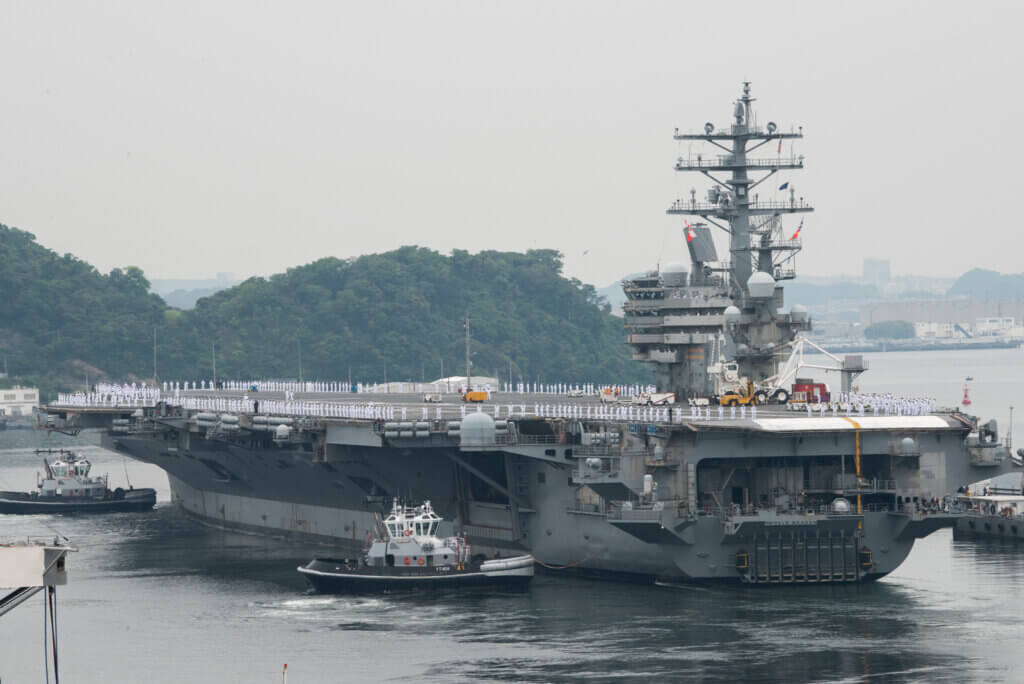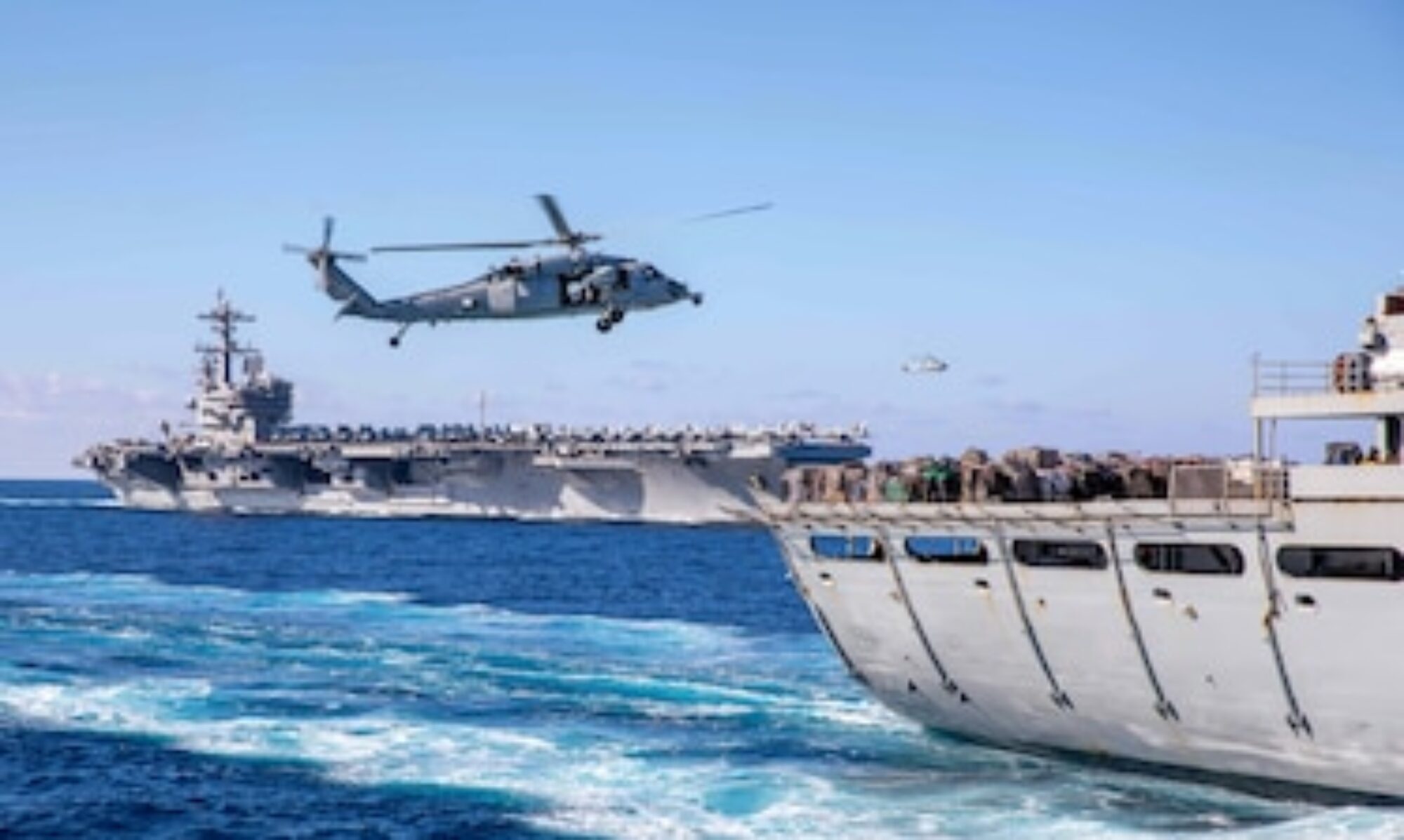
Introduction: In an ever-changing world with dynamic geopolitical shifts, the significance of a powerful naval presence cannot be understated. The recent arrival of the USS Ronald Reagan, a nuclear-powered aircraft carrier, in South Korea underscores this importance, especially in light of escalating tensions with North Korea and their evolving ties with Russia.
Why This Matters to Americans: A robust naval presence in strategic regions is pivotal for a plethora of reasons:
- Security and Defense: The movement of the USS Ronald Reagan to South Korea is not merely symbolic; it’s a clear demonstration of America’s commitment to its allies and the protection of its interests overseas. By doing so, the U.S. aims to dissuade any potential threats from North Korea, which continues to advance its nuclear program.
- Deterrence: The deployment of such powerful U.S. military assets in the vicinity of potential threats is a testament to the nation’s determination to prevent any aggression. It sends a strong message of unity and strength, especially in light of North Korea’s perceived security threats and its history of ballistic missile tests in response to such deployments.
- Geopolitical Implications: North Korea’s pursuit of advanced weapons technologies from Russia, potentially in exchange for support in the ongoing Ukraine war, has wide-reaching implications. Such alliances can reshape the balance of power, making it essential for the U.S. to monitor, respond, and adapt to these changes effectively.
Key Takeaways:
- The USS Ronald Reagan’s arrival in South Korea is a manifestation of America’s commitment to its allies in the region and its resolve against potential threats from North Korea.
- The carrier’s deployment is part of a bilateral agreement to maintain U.S. visibility in the region in light of North Korea’s advancing nuclear program.
- Growing ties between North Korea and Russia, especially in the realm of arms and weapons technologies, highlight the urgency and importance of a strong U.S. naval presence in strategic regions.
Conclusion: As the global landscape evolves with new alliances and challenges, it becomes imperative for the U.S. to maintain and display its naval strength. The recent deployment of the USS Ronald Reagan to South Korea emphasizes this commitment and highlights the necessity for a resilient navy. It’s not just about ships and military might; it’s about ensuring global stability, fostering peace, and protecting American interests and its allies. The strength of our navy is not just a source of pride; it’s a beacon of security in uncertain times.

